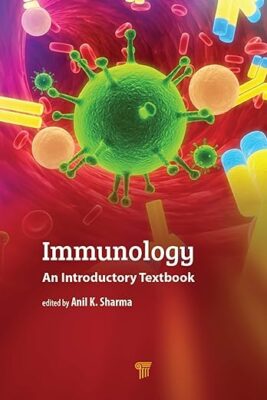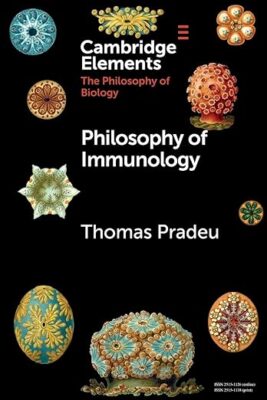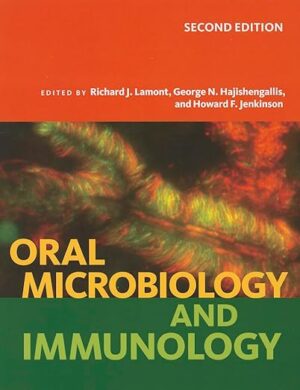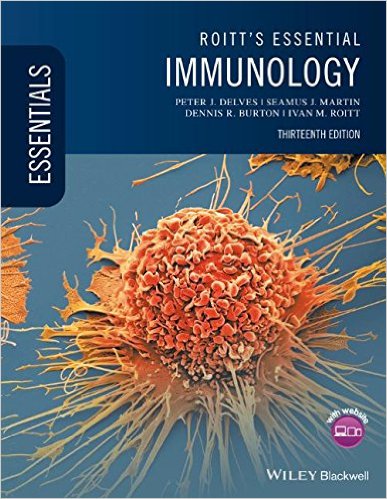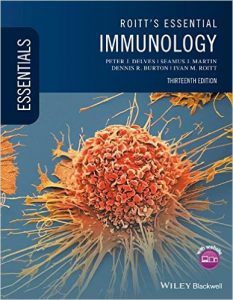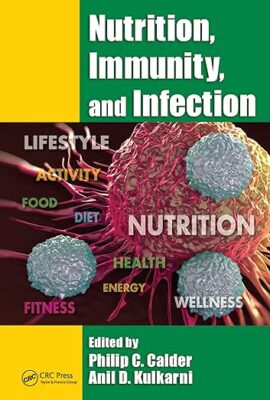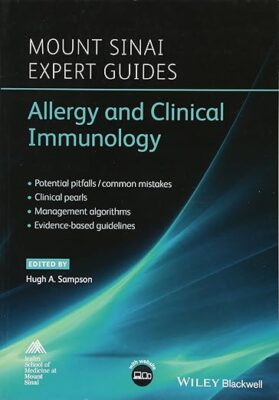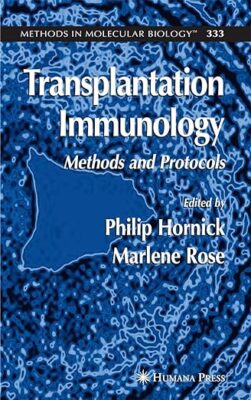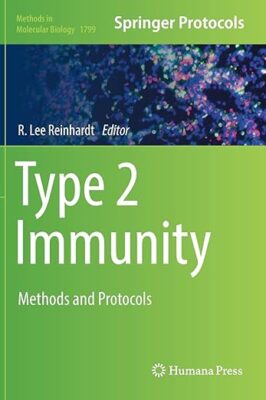Immunology: An Introductory Textbook 1st Edition
Immunology has emerged as a key component of the curricula of graduate and postgraduate courses in biotechnology, microbiology, biochemistry, bioinformatics, and other interdisciplinary fields of biology, including zoology, veterinary science, and medicine. As a basic introductory textbook on one of the fastest-moving and most challenging areas of immunological science, this book contains the most recent information about immunologic mechanisms and their importance, along with various molecular techniques employed in immunology. The short and concise text helps make the structures, processes, and interactions of the immune system easily comprehensible. The book includes chapters on immunoinformatics as well as the immune system of the brain, rarely found in any of the immunology books published so far. Many diverse and interesting aspects of the advances in immunology have also been covered, including tumor immunology and immunodeficiency disorders. The easy-to-understand concepts presented in the textbook make it an ideal companion for learners preparing for competitive and other examinations. Undergraduate, postgraduate, and PhD students, people from the industry and academia, and research scholars will immensely benefit from it.

